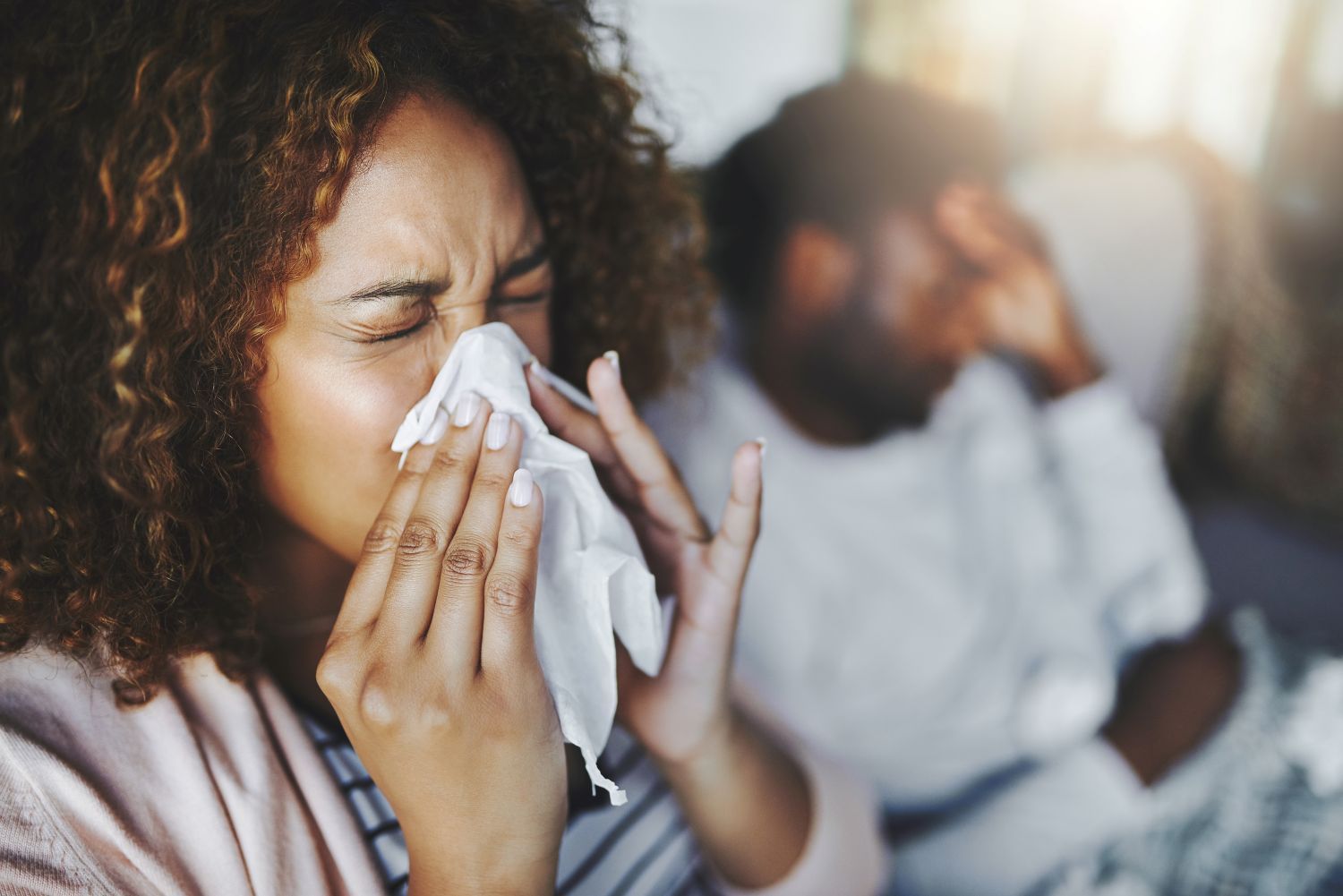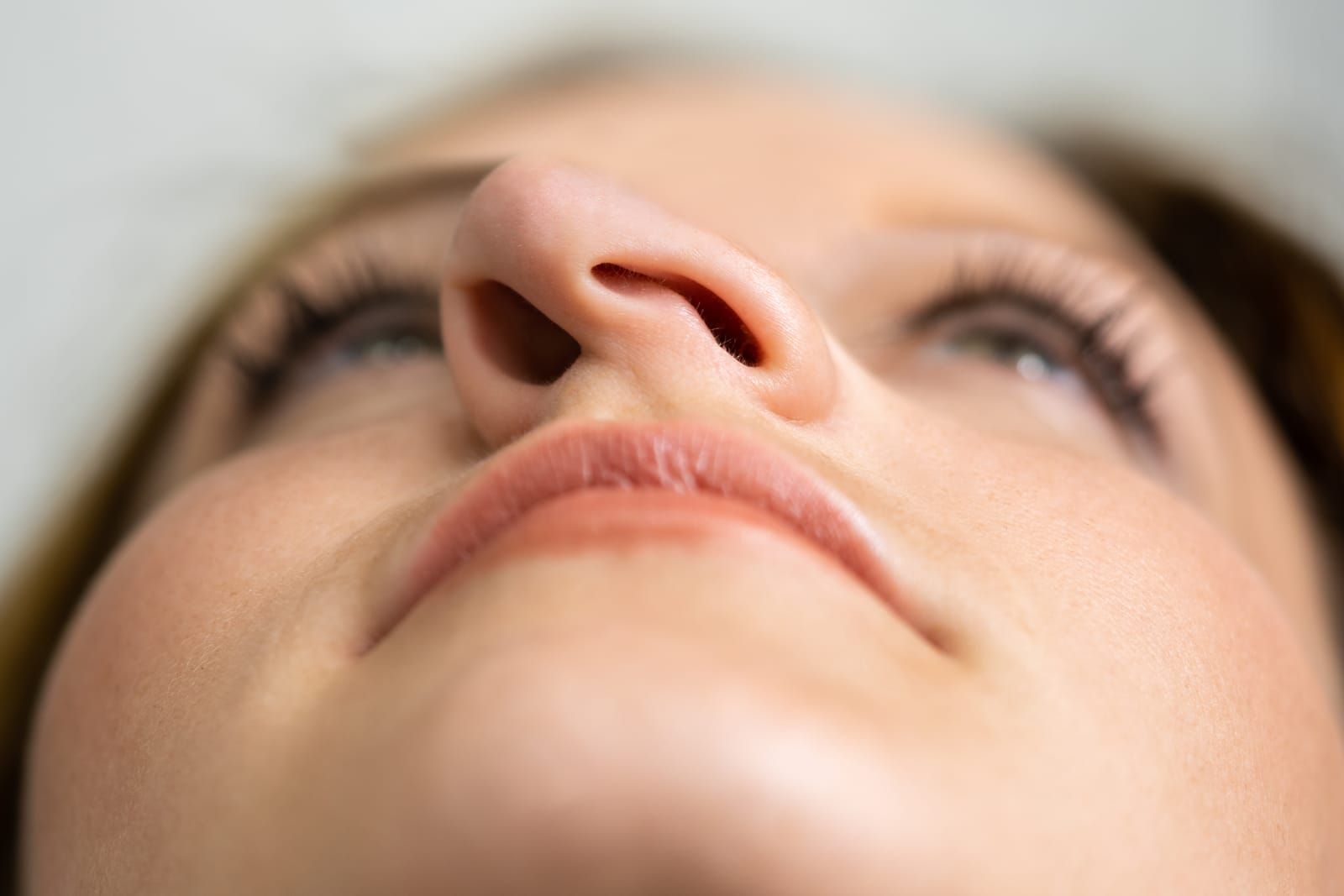Can Swimmer’s Ear Cause Hearing Loss?
Swimmer’s ear, or otitis externa, is a common condition that many people associate with a day at the pool or a dip in the ocean. It occurs when water gets trapped in the ear canal, creating a breeding ground for bacteria. While it’s often just an annoying nuisance, you may wonder: Can swimmer’s ear lead to hearing loss? Let’s examine the facts.
Understanding Swimmer’s Ear
What Exactly Is It?
Swimmer’s ear is an infection of the outer ear canal—the tube running from your eardrum to the outside of your head. It’s often caused by water remaining in the ear after swimming, creating a moist environment where bacteria or fungi can grow.
How Common Is It?
- Ten percent of people will experience swimmer’s ear at some point.
- In the U.S., an estimated 2.4 million healthcare visits annually are attributed to acute otitis externa, or about 8.1 visits per 1,000 people.
- Swimmers face a 5 times higher risk than non-swimmers.
- It is more prevalent in tropical climates due to higher humidity.
Can It Cause Hearing Loss?
The short answer is yes, but it’s usually temporary. Here’s how:
- Inflammation and Swelling: The infection and inflammation caused by swimmer’s ear can lead to swelling of the ear canal. This swelling can block sound waves, making it difficult to hear clearly. About 30-50% of patients report muffled hearing due to this obstruction.
- Fluid Buildup: Fluid accumulation in the ear canal can further dampen hearing. In severe cases, swelling may completely close off the canal, leading to conductive hearing loss (a type of hearing impairment caused by sound blockage).
- Eardrum Involvement (Rare but Serious): If left untreated, severe swimmer’s ear can spread deeper, potentially damaging the eardrum or even the bones of the skull (malignant otitis externa). This is rare (mostly seen in diabetics or immunocompromised individuals) but can lead to permanent hearing loss if not treated promptly.
Temporary vs. Permanent Hearing Loss
It’s important to note that most hearing loss associated with swimmer’s ear is temporary. Once the infection is treated and the inflammation subsides, hearing typically returns to normal. However, if swimmer’s ear becomes chronic or if an individual frequently suffers from it, there might be a risk of more lasting damage, particularly if the eardrum is compromised.
When to Seek Medical Help
If you suspect swimmer’s ear, watch for these warning signs:
- Severe pain that worsens when touching the ear
- Hearing loss lasting more than a few days after starting treatment
- Fever or facial swelling, which could indicate a spreading infection
Preventing Swimmer’s Ear and Hearing Loss
To reduce your risk:
- Dry ears thoroughly after swimming (reduces infection risk by 50%).
- Use earplugs when swimming (cuts water exposure significantly).
- Avoid cotton swabs, which can scratch the ear canal and increase infection risk.
Expert Ear Care in Louisville, Kentucky, & Southern Indiana
If you or your child frequently suffers from swimmer’s ear or hearing concerns, the ENT specialists at ENT Care Centers can help. With locations in Louisville, Elizabethtown, Jeffersonville, and Corydon, our team provides expert care for ear infections and hearing health.
📞 Call (502) 837-7838 to schedule an appointment!













